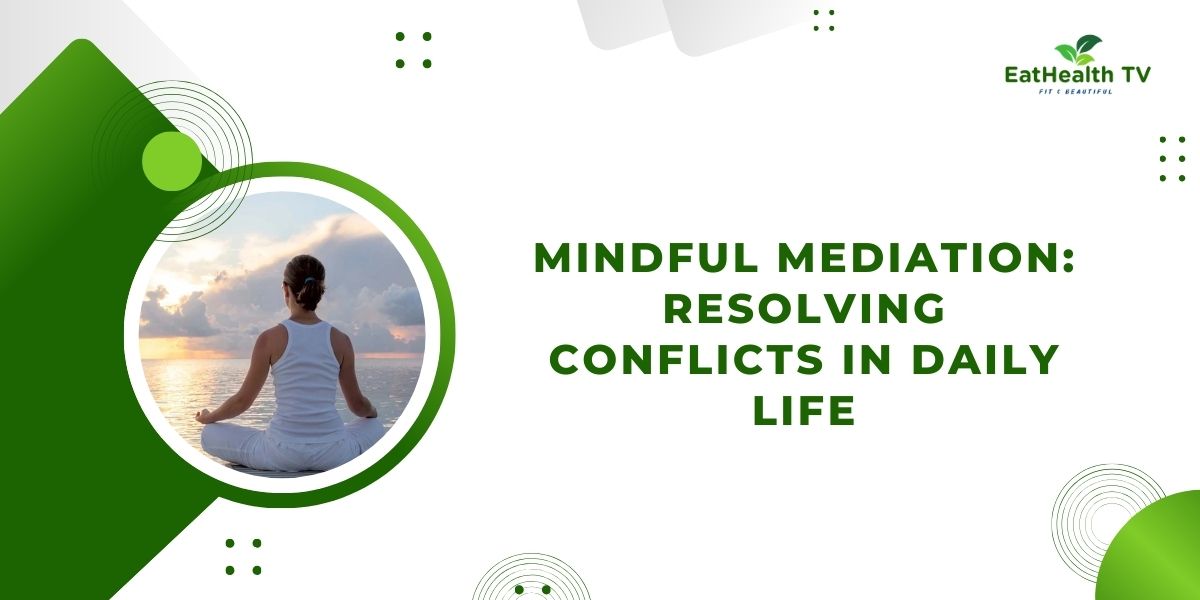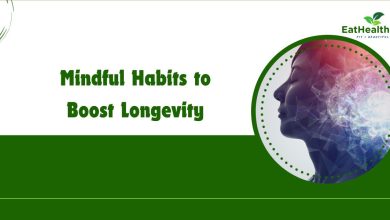Mindful Mediation: Resolving Conflicts in Daily Life
Harnessing the Power of Mindfulness for Effective Conflict Resolution
 Mindful Mediation: Resolving Conflicts in Daily Life
Mindful Mediation: Resolving Conflicts in Daily Life
Conflicts are an inevitable part of daily life, whether in personal relationships, workplaces, or social settings. Navigating these conflicts effectively is crucial for maintaining harmony and emotional well-being. One powerful approach to resolving conflicts is through mindful mediation. This technique combines the principles of mindfulness with traditional mediation practices to create a harmonious and balanced approach to conflict resolution.
Understanding Mindful Mediation
Mindful mediation is a process that integrates mindfulness—being fully present and engaged in the moment—with mediation strategies to resolve conflicts. This approach encourages individuals to approach conflicts with a calm and focused mind, fostering effective communication and understanding between parties.
The Role of Mindfulness in Conflict Resolution
Mindfulness involves paying attention to the present moment without judgment. It helps individuals become aware of their thoughts, emotions, and physical sensations. In conflict resolution, mindfulness allows individuals to approach the situation with a clear mind, reducing emotional reactivity and promoting rational decision-making. Just as we know Religious Mindfulness: Elevating Health Consciousness
Benefits of Mindful Mediation
Mindful mediation offers numerous benefits for resolving conflicts in daily life:
- Enhanced Emotional Regulation: Mindfulness practices help individuals manage their emotions, reducing the likelihood of reactive and aggressive behaviors during conflicts.
- Improved Communication: By fostering active listening and empathy, mindful mediation enhances communication between conflicting parties, making it easier to understand each other’s perspectives.
- Reduced Stress and Anxiety: Engaging in mindfulness reduces stress and anxiety levels, creating a calmer environment for conflict resolution.
- Increased Self-Awareness: Mindfulness practices promote self-awareness, helping individuals understand their own needs, triggers, and responses during conflicts.
Techniques for Mindful Mediation
To effectively practice mindful mediation, individuals can incorporate various techniques:
- Mindful Breathing: Focus on breathing deeply and slowly to calm the mind and body. This helps reduce stress and prepare for a constructive discussion.
- Active Listening: Pay full attention to the other person’s words without interrupting or planning a response. This fosters understanding and empathy.
- Non-Judgmental Observation: Observe thoughts and emotions without judgment. This helps in managing emotional responses and staying present in the moment.
- Body Scan Meditation: Perform a body scan to become aware of physical sensations and release tension, promoting relaxation and clarity.
Steps to Implement Mindful Mediation in Daily Life
- Create a Safe Space: Ensure that the environment is conducive to open and honest communication. A safe space helps individuals feel comfortable expressing their thoughts and feelings.
- Set Clear Intentions: Before starting the mediation process, set clear intentions for the desired outcome. This provides a direction and purpose for the discussion.
- Practice Mindfulness Together: Engage in a brief mindfulness exercise together, such as mindful breathing, to establish a calm and focused atmosphere.
- Facilitate Open Communication: Encourage each party to speak openly and listen actively. Use “I” statements to express feelings and avoid blaming language.
- Explore Solutions Collaboratively: Work together to identify mutually acceptable solutions. Focus on common interests rather than positions.
- Reflect and Learn: After the mediation, reflect on the process and identify any lessons learned. This helps in improving future conflict resolution efforts.
Mindful Mediation in Various Contexts
Mindful mediation can be applied in various contexts, including:
Personal Relationships
In personal relationships, conflicts often arise from misunderstandings, unmet needs, and differing perspectives. Mindful mediation helps partners approach conflicts with empathy and understanding, fostering a deeper connection and stronger relationship.
Workplace Conflicts
Workplace conflicts can impact productivity and morale. Mindful mediation promotes a respectful and collaborative work environment by encouraging effective communication and mutual respect among colleagues.
Social and Community Settings
In social and community settings, conflicts can arise from cultural differences, social issues, and other factors. Mindful mediation encourages open dialogue and understanding, promoting harmony and cooperation within the community.
Challenges and Overcoming Them
While mindful mediation offers many benefits, it also comes with challenges:
- Resistance to Change: Some individuals may resist mindfulness practices due to unfamiliarity or skepticism. Overcoming this requires patience and demonstrating the benefits of mindfulness.
- Emotional Intensity: Conflicts can evoke strong emotions, making it difficult to stay mindful. Regular mindfulness practice can help individuals better manage their emotions during conflicts.
- Time Constraints: Busy schedules may make it challenging to find time for mindful mediation. Prioritizing and scheduling regular mindfulness practices can help integrate it into daily life.
Conclusion
Mindful mediation is a powerful tool for resolving conflicts in daily life. By integrating mindfulness practices with mediation techniques, individuals can approach conflicts with a calm and focused mind, fostering effective communication and understanding. This approach not only resolves conflicts but also promotes emotional well-being and harmonious relationships. Whether in personal relationships, workplaces, or community settings, mindful mediation offers a path to peaceful and constructive conflict resolution.




